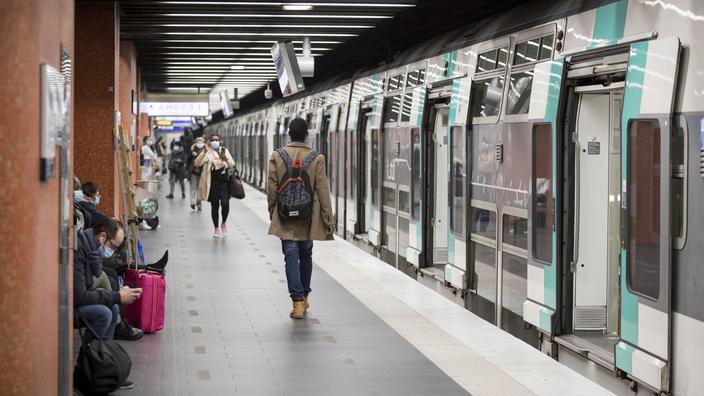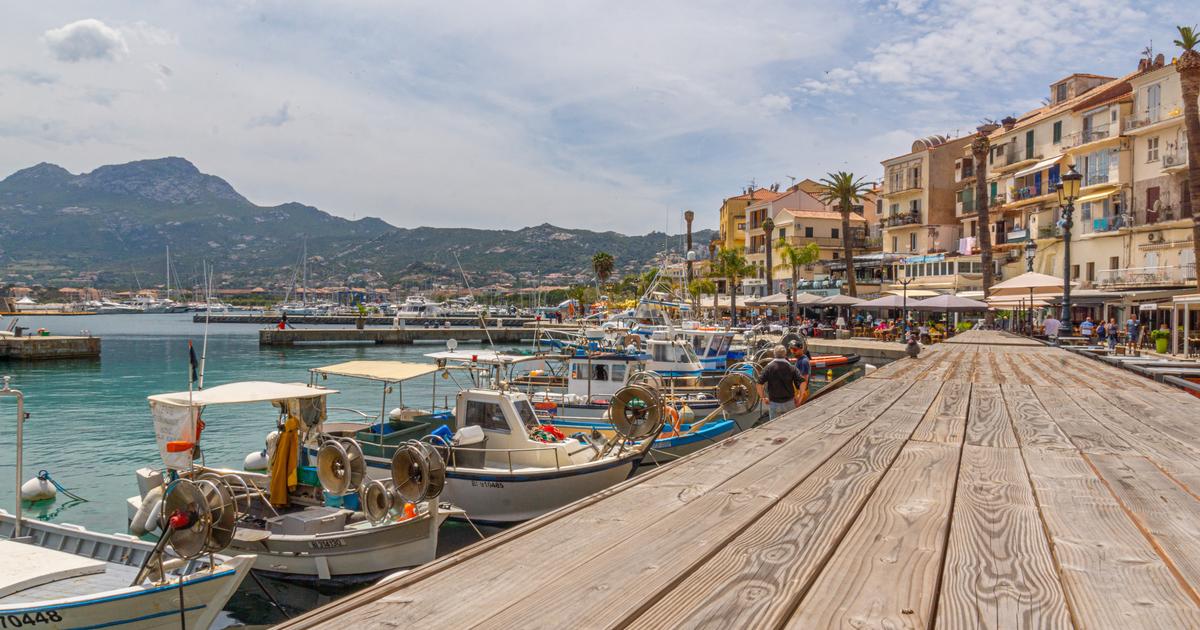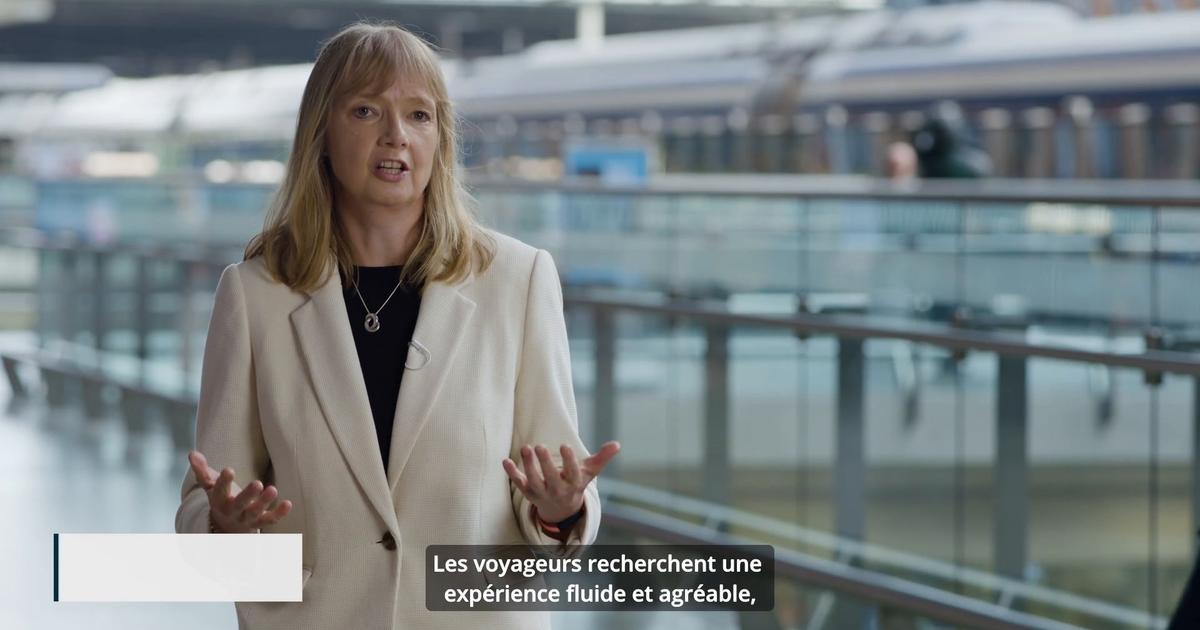With the rise of teleworking, set to continue, will public transport ever regain its pre-crisis level of use?
Asked about France Inter, the boss of Transdev and president of the Union of public and rail transport (UTP), Thierry Mallet, estimated that "
part of the decline will be sustainable
".
A reality with which transport organizations must now deal.
Read also: Will teleworking have a negative impact on transport companies?
The decline seems to be lasting, according to UTP data.
In 2020, the use of public transport collapsed to 7% of normal, during the first confinement, before a gradual return to 50%, in June, 70%, in September and up to 80% at the eve of the second confinement.
At present, levels are stagnating between 55% and 65% of normal, depending on the networks: "
we have lost 30% to 40% of passengers
", summarized the representative.
As a logical consequence, during the crisis, the sector recorded losses estimated at between 3.5 and 4 billion euros, due in particular to the decrease in revenue from ticket sales.
Transdev, for its part, estimates the losses due to the Covid at 700 million euros, or almost 10% of its turnover.
The sector remains "
extremely vigilant
" for 2021, and intends to continue its negotiations with the State to obtain compensation in exchange for maintaining the supply at a high level.
"
There is still a debate on the form of aid and its sustainability for 2021
", noted the head of the UTP.
The drop in attendance, an "
opportunity
"?
In addition to “
passengers who no longer want to resume transport out of fear
”, there is a “
change in behavior
”, in particular in the heart of cities: teleworking will continue beyond the crisis, with lesser proposals, “
this which can make it possible to lighten the points and to allow people to make a mobility chosen rather than undergone
”, noted the leader.
This change must be taken into account by the actors, in order to be transformed into an opportunity: if this trend and the rise of soft mobility are confirmed, the transport offer in town centers, such as buses, could be "
redeployed
".
on the outskirts
”.
A way to reconnect these territories and to gain purchasing power for their inhabitants by improving the public offer, less expensive than the car.
Several datasets highlight the reluctance of users to resume public transport.
The situation has not returned to normal for almost a year.
Apple data underlined, at the beginning of December, that the demand for mobility in public transport peaked, in France as a whole, at 80% of a reference established on January 13, 2020.
Likewise, the "
mobility trends
" observed by Google on January 31 in public transport - "
for example, metro stations, bus stops, bus stations and train stations
" - remain 35% below a reference period.
The latter is established as being "
the median, for a given day, calculated over the five-week period between January 3 and February 6, 2020
".
The decrease is more or less strong depending on the territories, but it remains observable everywhere in France.
In Île-de-France, transport players seem to welcome this new situation, bringing a breath of fresh air to a saturated network.
"
There will be fewer passenger incidents or delays on the lines
," SNCF Transilien explained.
The effect should be relatively limited: if all passengers likely to telework were to do so in the capital region, this would only lead to a 10% drop in traffic, according to Île-de-France Mobilités.
Despite this new context, which risks modifying user demand, the opening up to competition of TERs remains attractive for operators: “
the quality of service and frequency must be improved.
Opening up competition is the opportunity to have twice as many trains at the same price,
”said Patrick Mallet, citing the example of Germany.
To improve the service, the company manager explained that he wanted to play on the “
autonomy
” of the teams in the field, increased flexibility in the organization of work and a “
polycompetence
” of the teams, responsible for “
more tasks
”. : "
We are ready to pay more, but for a different organization of work
", he concluded.















